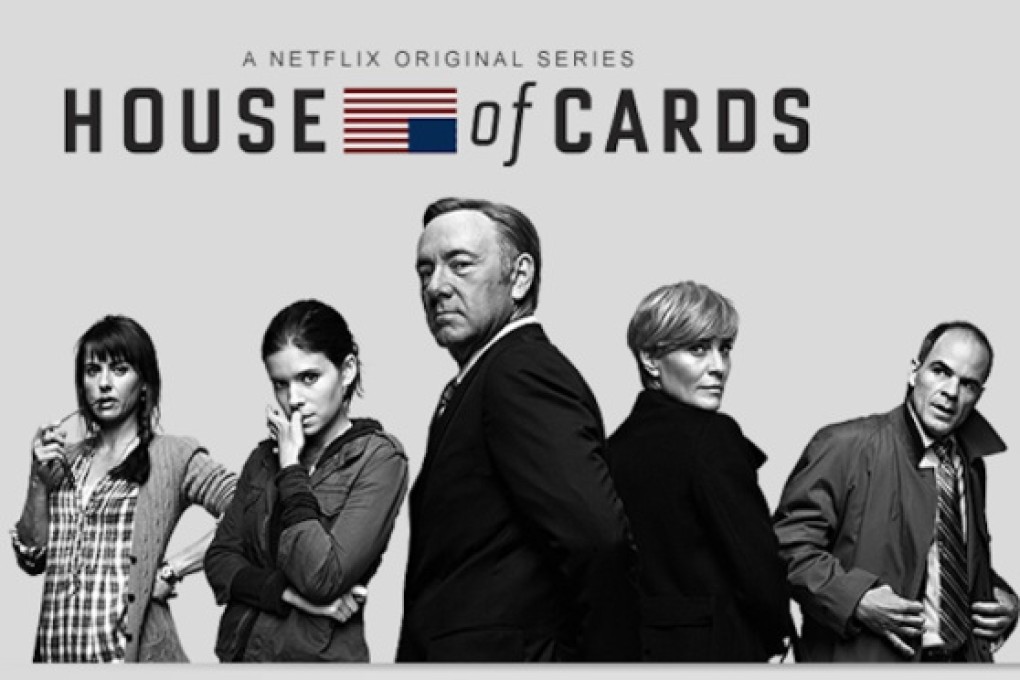House of Cards embodies the corruption in American politics, says Chinese ambassador
According to Cui Tiankai, the drama showcases certain issues prevalent in Washington

China’s ambassador to the United States has chimed in on popular political drama House of Cards, arguing that the show exposes the disadvantages of American bipartisan politics.
“I have seen both seasons of House of Cards, which I think embodies some of the characteristics and corruption that is present in American politics,” said Cui Tiankai, speaking as a participant on a televised People’s Daily panel coinciding with the Chinese People’s Political Consultive Conference.

“Currently, Americans are arguing and debating on how their two political parties have become so extreme,” Cui said. “Many things can never be accomplished because the interests of each party are of the greatest importance.”
“In a sense, House of Cards is a work full of conspiracy theories,” Liu wrote. “Every word and every look from the male and female leads harbours a new conspiracy, and the biggest conspiracy of all is [the show's depiction of] democracy itself, where greedy and crafty statesmen try to outwit each other and deceive the populace for their own personal interests – all under the cover of ‘democracy.’”
Liu also quoted US president Barack Obama, a fan of House of Cards. Obama previously called the political dealings on the show “ruthlessly efficient” but a far cry from real life.